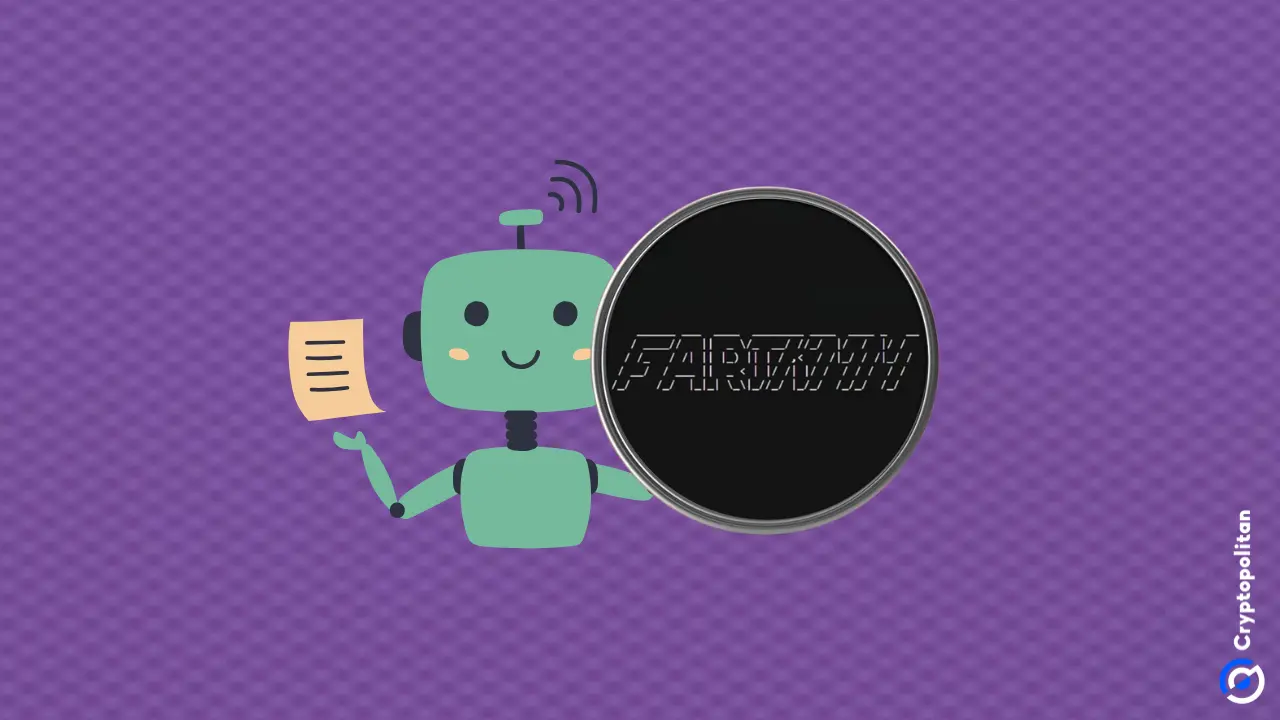Unity, the popular game engine maker, recently faced backlash from game developers over its revised Unity Runtime Fee policies. In response to the uproar on social media, Unity Create President Marc Whitten issued an apology and made significant revisions to the fee structure. The initial announcement of the new runtime fee model caused concern among smaller game developers who questioned its impact on their profitability.
Unity reverses per-install basis charges
Under the original plan, developers would be charged on a per-install basis once they reached specific revenue thresholds. In the wake of the criticism, Whitten announced changes to the fee policy. Notably, developers using Unity Personal will no longer have to pay any runtime fees. Meanwhile Pro and Enterprise developers will only incur runtime fees if they choose to install the 2024 long-term support (LTS) version of Unity. Games built on current or older versions of the engine will not be subject to these fees.
For developers opting to use the 2024 version, they will have a choice between a 2.5% revenue share or an install-based fee calculation. Whitten assured developers that they would always be billed the lesser amount, and fees would be calculated based on self-reported developer data. While these changes were generally well-received by some in the game development community, there were lingering concerns. Mitch Dyer, a writer at WB Games, described the adjustments as a “solid change” but hinted that the company might make similar changes in the future, creating uncertainty for developers.
Industry response and lingering concerns in the gaming community
Rebekah Saltsman, CEO and co-founder of game studio Finji raised a valid point regarding console developers. She noted that console developers do not have the flexibility to choose which version of Unity their games launch on because the platform, not the developer, makes that decision. This limitation raises questions about how these changes will affect console developers. The reaction from the company’s rival, the Godot game engine, was also noteworthy. When the firm initially announced its runtime fees, there was a spike in Google Search interest related to Godot.
In response to the updated fee policy, Godot’s creator, Juan Linietsky, praised Unity for retracting the runtime fees for current and older versions of the engine. However, Linietsky argued that using the platform still carries significant risks for developers. The company offers discounts on the runtime fees for those who use multiple products, a practice Linietsky criticized as an “abuse of dominant position.” He pointed out that while the changes benefit indie users, they may disadvantage companies providing products and services based on the engine that competes with Unity’s offerings.
Unity has made substantial revisions to its controversial runtime fee policies in response to criticism from game developers. These changes include exempting the Personal users from runtime fees, only applying fees to those who choose the 2024 LTS version, and offering developers a choice between revenue sharing and an install-based fee calculation. While these changes address some concerns, there remain questions about their impact on console developers and competitive dynamics within the game development industry. The situation highlights the challenges and complexities of fee structures in the world of game engines.





